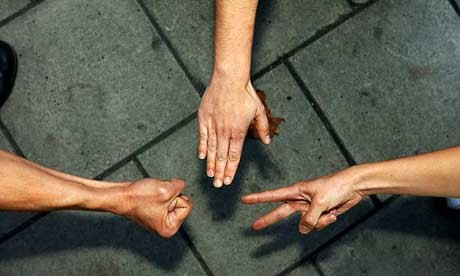An interesting study in England (Wittenbaum et al., 2004) revealed some important group dynamics for attorneys to take into account.
“People trying to make decisions in groups spend most of their time telling each other things that everyone already knows. In comparison, people are unlikely to bring up new information that they think others do not have or agree with. Instead of sharing vital information, people tend to repeat information everybody already knows. The result is poor decision-making.”
Other studies have developed three reasons for this (and these are areas where attorneys can exert some control):
- Memory: a piece of information that everyone knows is more likely to be piece that is memorable and, thus, makes it more likely to be raised because it is present in more of the members.
- Pre-Judgments: people make up their minds BEFORE the group discussion. Their decision is most likely based on a shared, known fact (i.e., drinking alcohol and driving is a terrible thing to do), so the group then tends to only bring up facts that support this opinion. The pre-judgment becomes the group decision.
- Anxiety: before a discussion begins, no one in the group knows how important the facts they want to share are in comparison to everyone else’s opinions. Once someone “breaks the ice,” it relieves some anxiety to show support for that opinion. In addition, people feel safer and more fluent or competent when they can discuss something they know the group likes rather than try to be contrary to the “drift” of the group.
What can attorneys do?
- Make your opening memorable (using images and a theme). This addresses #1 and #2 above.
- Give the group “permission” to have a contrary opinion (i.e., “yes, we all know we shouldn’t drink and drive, but it was not the alcohol in the driver’s body that ignited the car, it was the placement of the auxiliary gas tank that caused the fire. I know it is hard to see past the alcohol in the body, but look at where the unprotected tank was placed by the designer and ask the question, ‘would a sober driver survive that fire any better?’”
Juries are groups and groups consistently make “interesting” decisions. Sometimes knowing why and how they do this can help you win your next case.
Share This Story, Choose Your Platform!
Click below to add your email address to our mailing list and receive the latest Persuasion Tips right in your inbox!

